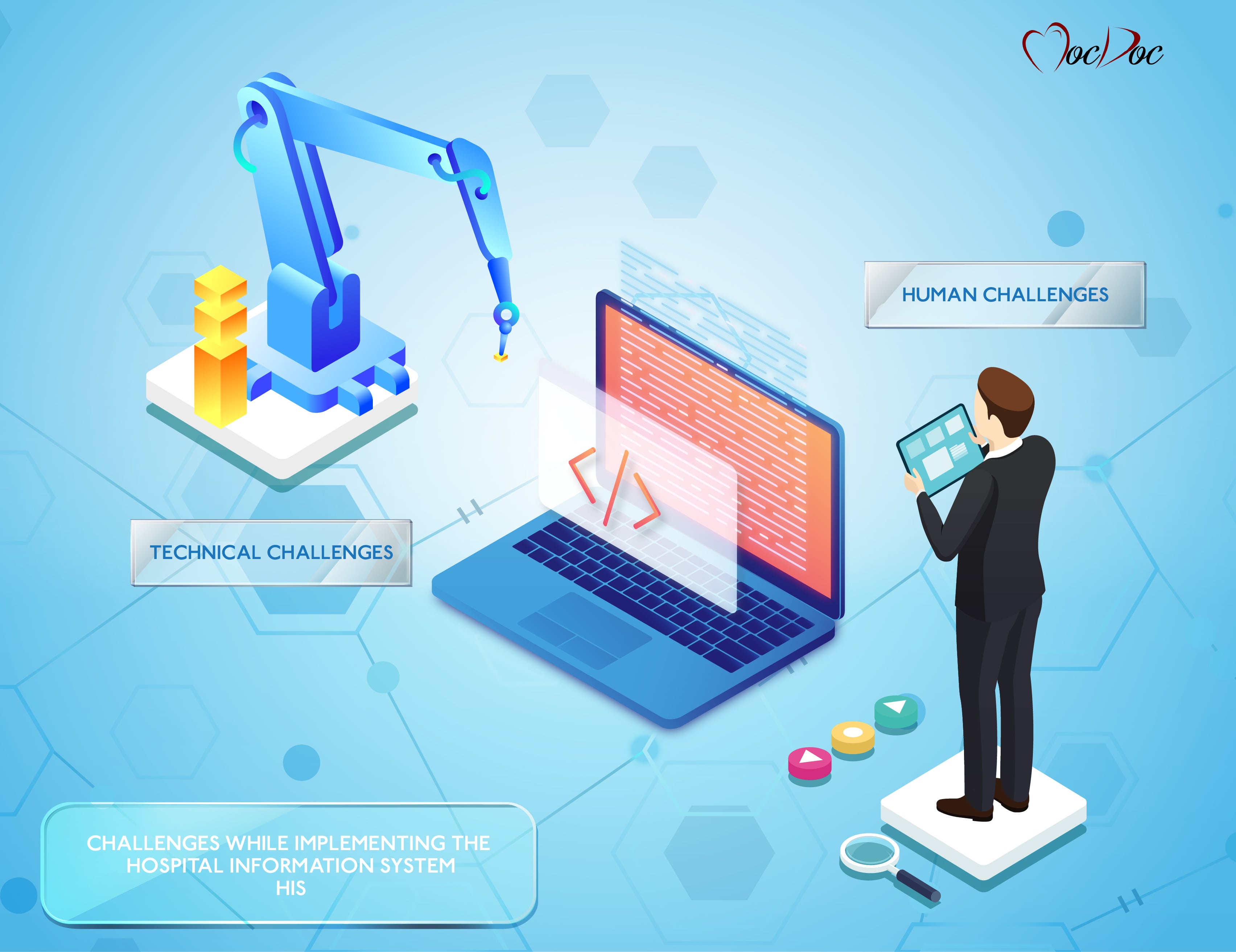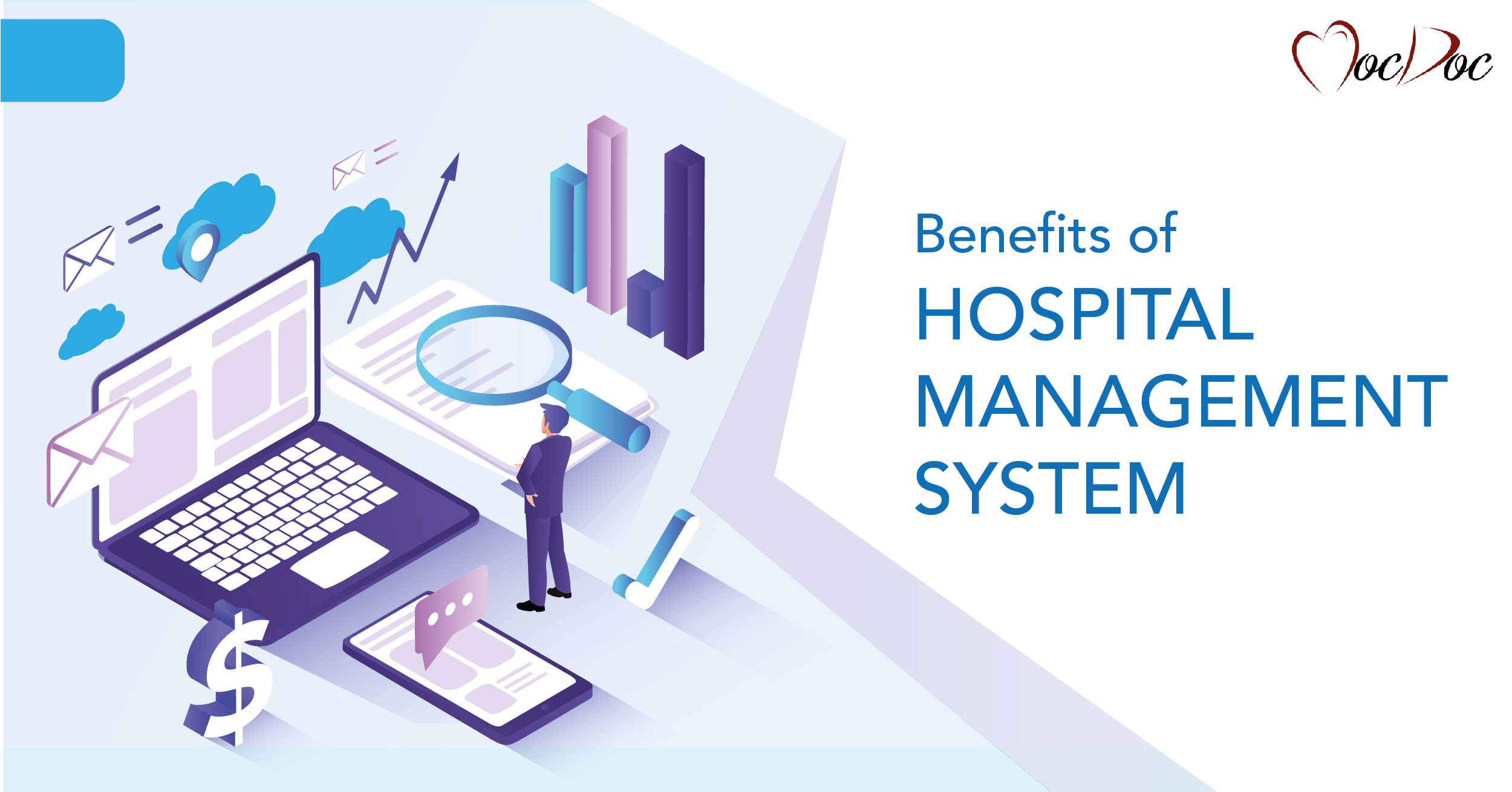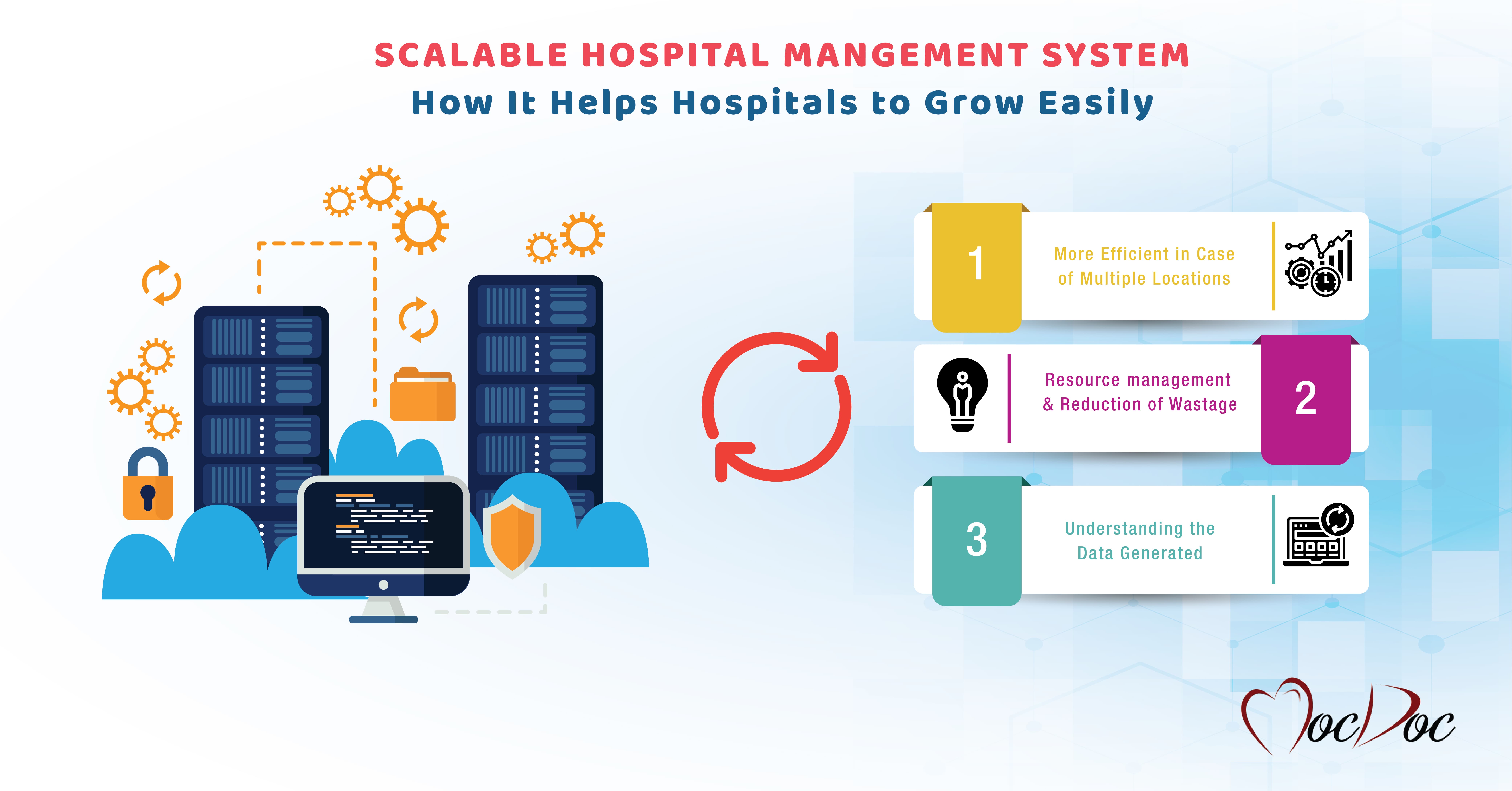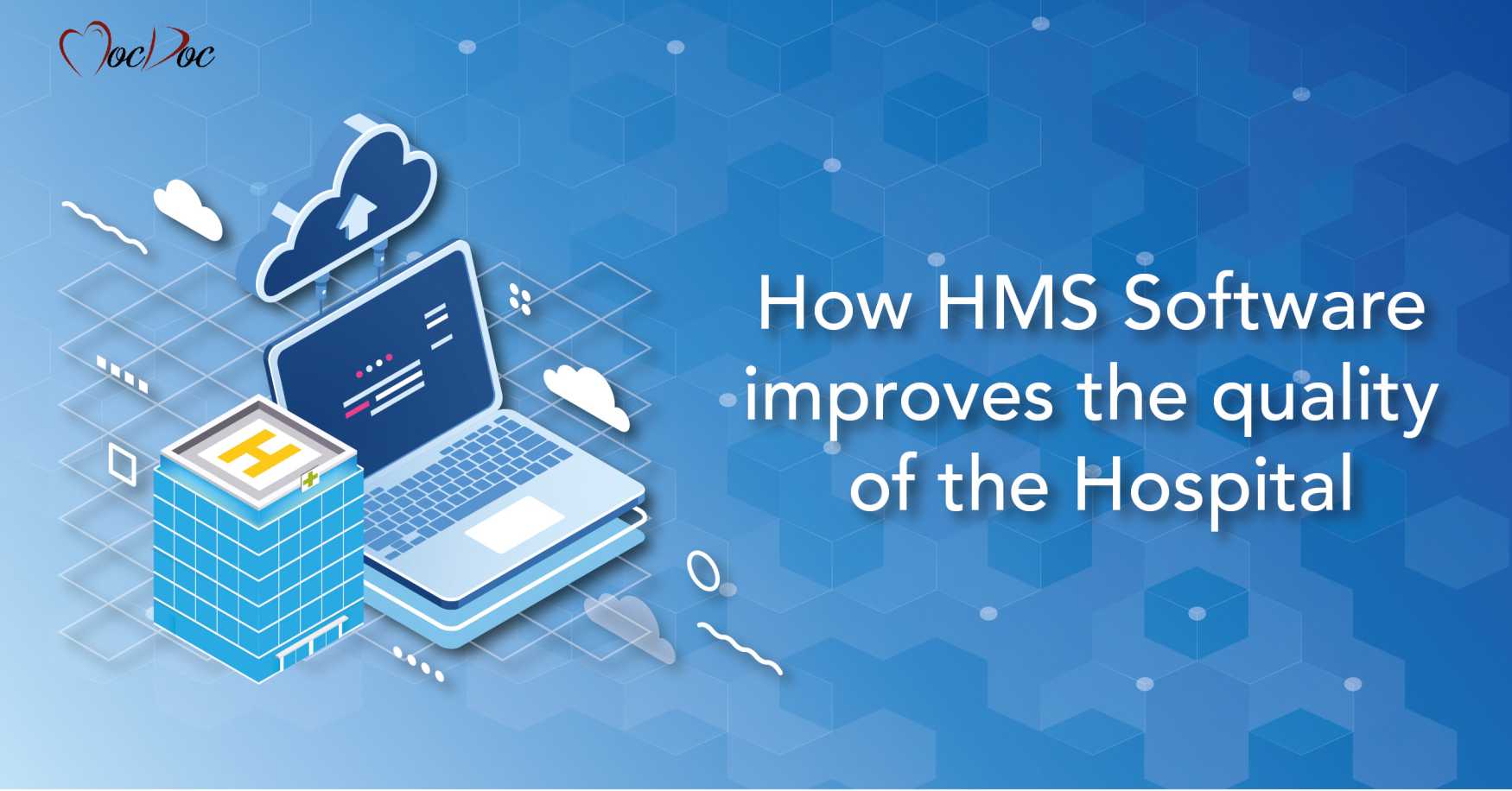MocDoc's Offerings
Things to know about Hospital Billing Software used in HMS
Published By
Sanjana
2018111211:54:23
Category HMS
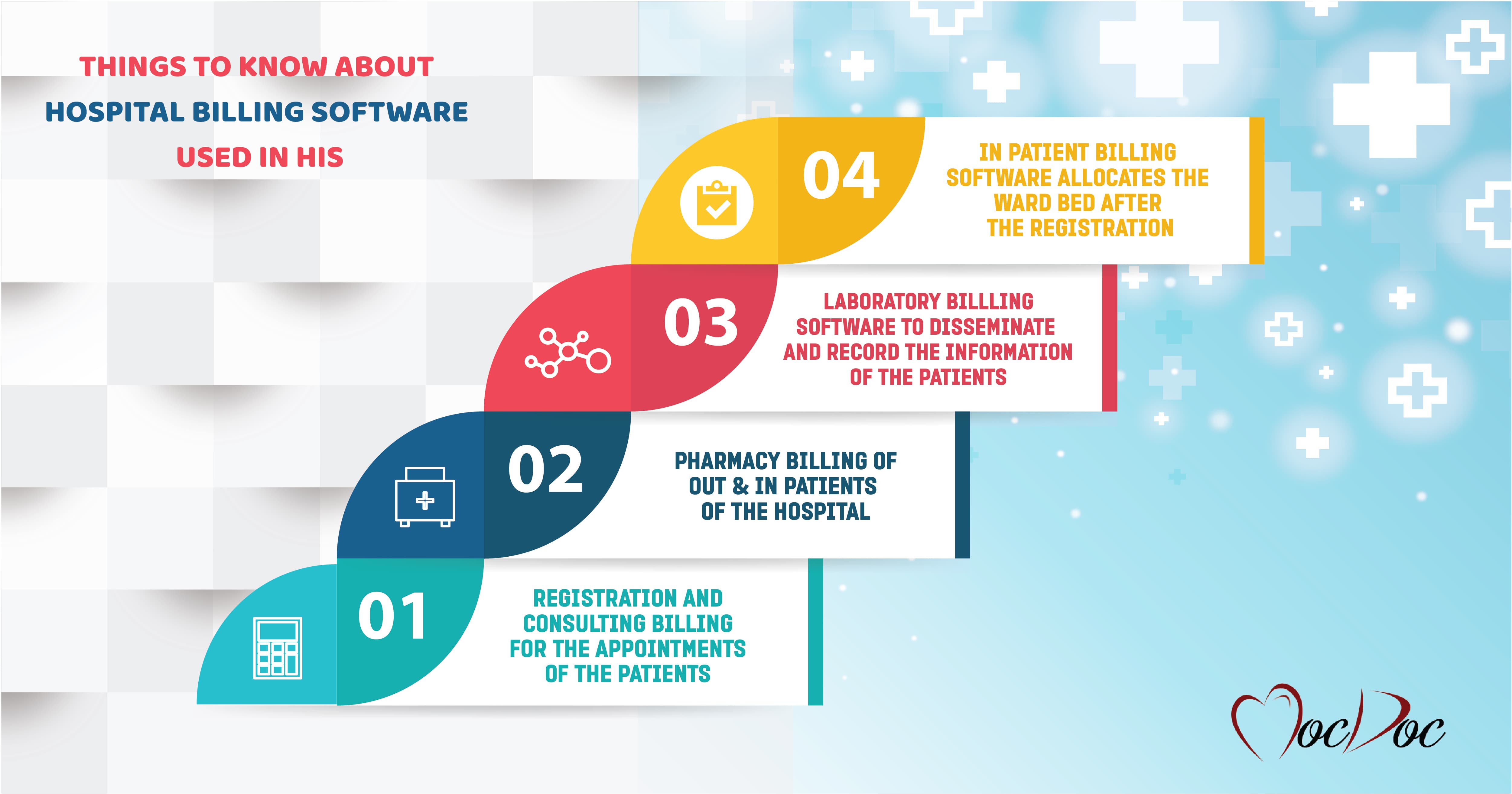
Billing software is one of the essential software used in the healthcare industry. It is also called the medical practitioner's lifeline. Therefore, you must choose the right hospital billing software that offers a fantastic reporting system to manage the cash flow as well as the payment time speed.
The new hospital billing software helps to manage both insurance needs as well as patient payment reliably which is not included in other software.
Uses of Hospital Billing Software in HMS:
Each part of the Hospital Management System is integrated and automated effortlessly, and it also provides the opportunity to move forth and back from different data and reports.
- There is no loss of bills and data.
- Secure and safe reporting system.
- There is a financial dashboard that tracks the practice's health efficiently.
The web-based practice management is used for managing and collecting the bill from any place efficiently, you can use and maintain this software in every area where it suits you best.
- Automated Data backup is enabled.
- You can view your daily schedule from anywhere.
You can easily understand the financial practice health of the practitioners, and the report makes it easy and efficient. The user features are used for deciding the right information to share.
- The software offers Enabled visualizations in the form of figures and graphs.
- You can track revenue, payer performance, and related ones.
- You can easily customize and display them in the Excel format.
- The software can deliver a report on a daily or monthly basis as per the requirements.
What are the Types of Billing in HMS?
Various departments use billing in the Hospital Management system to improve the billing facilities in the hospitals. Some of them include
- Registration and Consulting Billing
- Pharmacy Billing
- Laboratory Billing
- In-Patient Billing
Registration and consulting Billing:
- Hospital billing software prebooks appointments for the patients they provided in advance for both follow-up patients as well as new patients.
- Hospital billing software generates bills for the certified lab and radiology services.
Pharmacy Billing:
Our pharmacy billing software deals with providing the retail sales of medical supervision to OPD patients, and customers and also helps with the issue of medicines to the hospital inpatients. Our pharmacy billing software has the following features.
- Able to offer an extensive collection of available drugs for clinicians.
- Able to sort out the alternative drugs for the drugs that are not available.
- The software aids in interfacing with a database of drugs.
- Our software pops up the drug allergy alerts easily.
- The billing software interfaced for dispatch along with the pneumatic tube.
Laboratory Billing Software:
The laboratory billing software helps to disseminate and record the information of the different performed tests. Here are some of the salient features of our laboratory billing software.
- Test setup and do the services.
- Excels different tests and diagnostic packages.
- Offers the resulting process from the sample collection process, recheck process, and fetch from analyzer data.
- The software does the recheck with the Sample Collections.
- Our billing software offers the status update of the labs after a clear analysis.
- The software works as per the NABL standards.
- The software comes with a dashboard for TAT, authorization, progress works, tests, and parameters.
In-patient Billing Software:
The software takes care of the patients who are allocated in the ward bed after registration, and this deals with complete services and treatment offered to the patients while they stay in the hospital.
The features of our in-patient billing software include:
- The software is capable of taking place the conversion from OP to IP.
- The software takes care of the patients by allocating the beds, offers consultation for intern departments, tracks patients in the hospitals, and deals with bed transfers.
- The software maintains the patient billing sheets.
- The software comes with a dashboard for discharge summaries, patient access, billing audits, activities, and much more.
Track Profit and Loss Statements Easily:
The Hospital Management system products come with tally integrations, and therefore you can easily track and manage the expenses. The billing software in the Hospital Management system also monitors both the profit and loss statements so that you can quickly identify what lags in your Hospital information management.
Related Articles
Challenges while implementing ...
Hospital Management System has been use..... Read more
What are the benefits of the h...
HMS (MocDoc HMS) otherwise known as HMIS (Hospital..... Read more
Scalable Hospital Management S...
Hospitals are rarely a single department ent..... Read more
How HMS improves the quality o...
Hospital Management Software is considered to..... Read more
